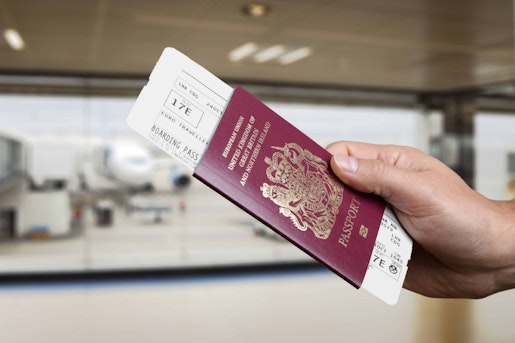
Guide
HR in Retail
In this guide, we'll discuss why HR in retail can be difficult, the challenges you might face, and how to manage them.

- Business Advice
Guide
In this guide, we'll discuss why HR in retail can be difficult, the challenges you might face, and how to manage them.
Guide
In this guide, we'll discuss HR systems, the benefits of using HR software, and how Peninsula can make your HR processes easier.
Guide
In this guide, we'll discuss outsourcing HR, different HR services, and general HR management.
Guide
Almost half of UK employees have received a late or incorrect wage, while payroll professionals spend a large part of their month correcting errors.
Guide
It’s hard to believe that Christmas is just around the corner again, but the last-minute Covid restrictions which ruined festivities for many last year is expected to make people more excited about, and in favour of, bigger celebrations this year.
Guide
Coronavirus news has dominated the headlines for the past few months, but Government plans are still underway to ensure that post-Brexit immigration laws are rolled out on time.
Blog
Up to £2.6m is being invested in initiatives to make it easier for women and people from all backgrounds to start a business in Scotland
Blog
Under a Labour government, employment law is going to change in a major way. For your business, this means new documentation, new processes and new challenges. But through this period of change, we’re here to help…
Blog
GDP grew 0.4% in May with the construction industry finally showing positive growth
Blog
The UK is diverging from this global trend, with a 4% decrease in employees speaking out about mental health issues.
Blog
There are lots of interesting employment tribunal cases around which can provide us with really useful insight, so here we give you a rundown on some particularly thought-provoking ones.
Blog
At the start of the year, we asked our employees to nominate charities close to their hearts. And last month, we selected three brand new charity partners for Peninsula UK.
Free Download
Establishing an anti-bribery and corruption policy is one of the major ways you can prevent it from arising in your business.
Free Download
This employment law guide explores the key features of the Trade Union Bill and offers guidance on how to avoid common pitfalls.
Free Download
Download a sample of our severe weather & travel disruption policy











